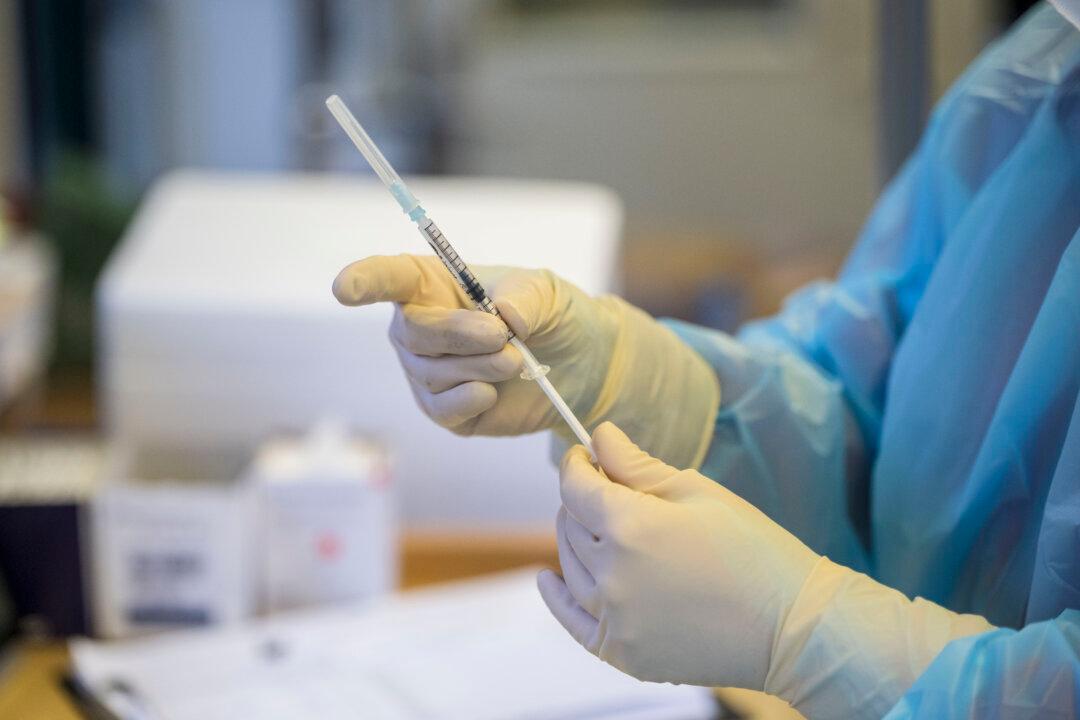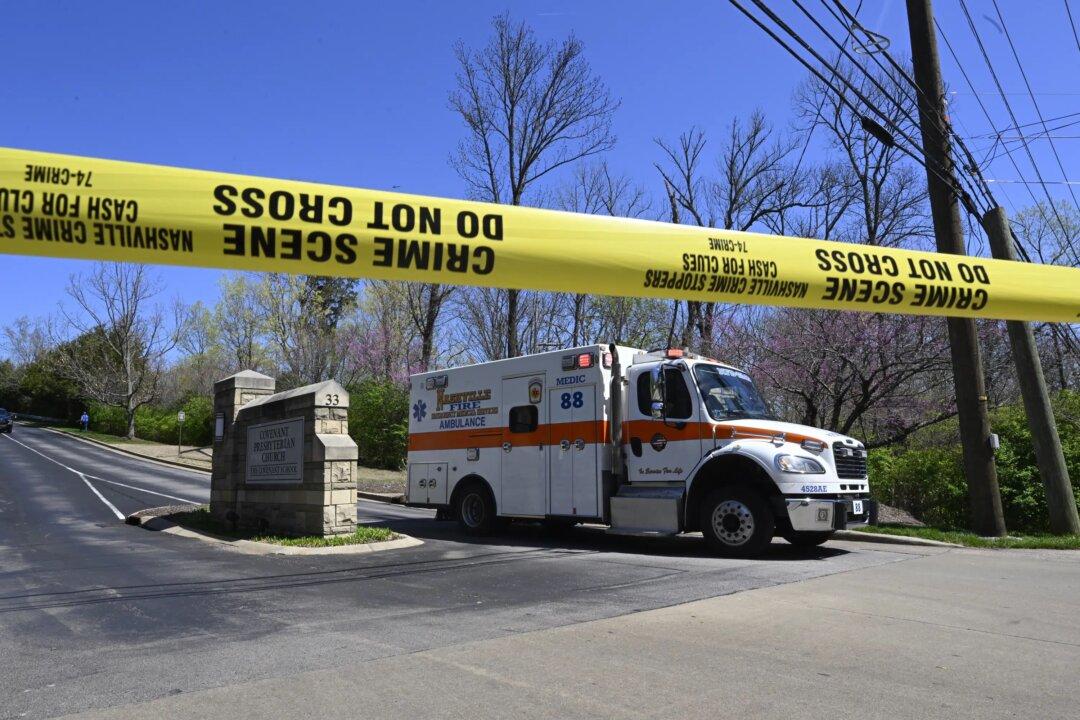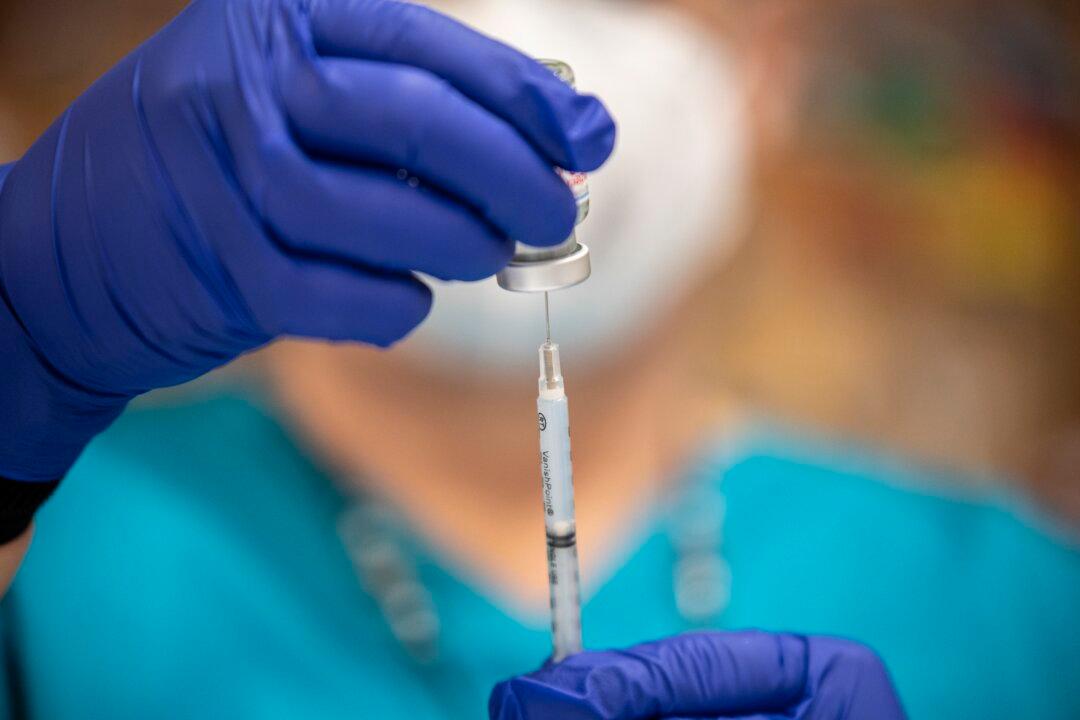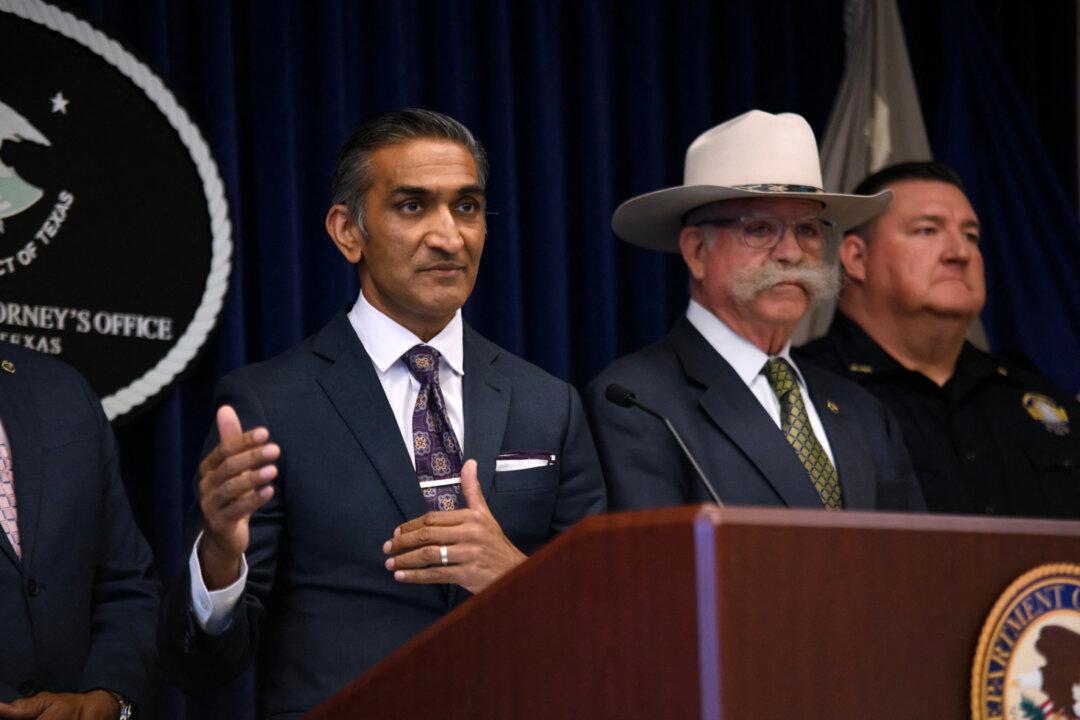Rutgers University announced April 1 on its website that it has dropped its COVID-19 shot mandate in a move that critics hope will lead to the restoration of individual health freedom for students across the nation while marking the potential end of a controversial era.
“As of April 1, 2024, Rutgers no longer requires students, faculty, staff, and university affiliates to be immunized against the COVID-19 virus,” read the statement, which was posted this morning on its “COVID-19” page.





